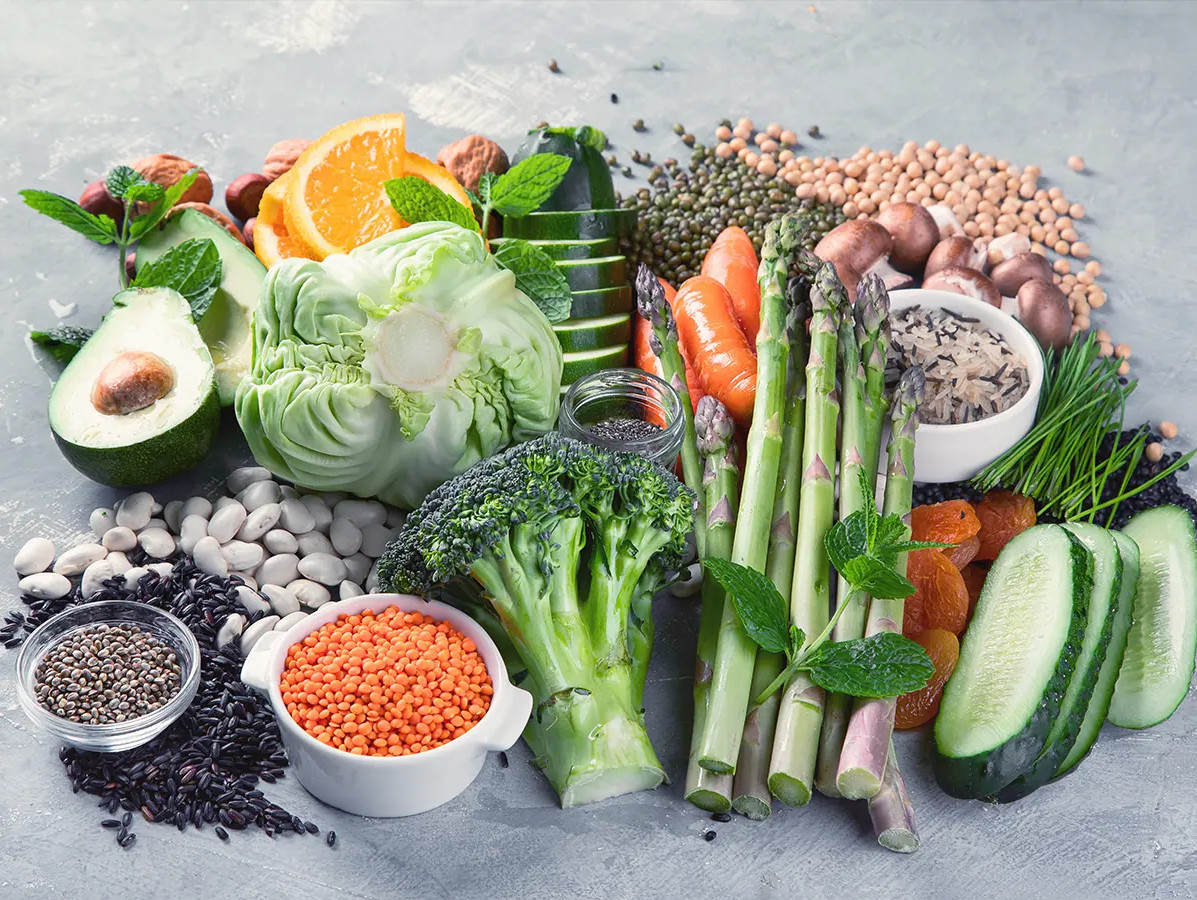
The shift towards more plant-based proteins plays a crucial role in meeting climate goals. However, with the current balance of 58% animal and 42% plant-based proteins in our diet, there’s still a long way to go. “While the government’s target for the protein transition aims for a 50-50 ratio by 2030, nearly all supermarkets have set additional goals to reach a 40-60 balance by the same year. This will contribute to the necessary acceleration of the protein transition,” says Ceel Elemans, Sector Banker Food.
The agricultural and food system is responsible for a third of global greenhouse gas emissions. According to the Dutch Health Council, a diet consisting of 60% plant-based and 40% animal proteins can reduce environmental impact by 25%. Yet, the shift towards more plant-based proteins is progressing slowly. “Our food environment strongly influences consumer choices, and it’s still very focused on meat and dairy,” says Hans Dagevos, senior researcher and consumption sociologist at Wageningen University & Research. “Look at the range of products in supermarkets, the menus in restaurants, and offerings from caterers, even though plant-based initiatives are increasing. Additionally, the mental and cultural environment plays a role: eating meat is seen as normal, linked to luxury, celebrations, and togetherness. And frankly, we just like it.”
Innovation is indispensable to accelerating the protein transition, stresses Roland van Loon, CTO at Van Loon Group. The company develops hybrid products, such as meatballs that consist partially (10-50%) of plant-based ingredients like peas and seaweed. “These products reduce the CO2 footprint while maintaining the taste and texture of regular meat,” Van Loon explains. “A recent introduction of our hybrid meatball has been a great success. Innovations like these are essential for us to continue growing sustainably.”
Food companies can support the protein transition by diversifying their product ranges and offering portions aligned with dietary advice from the Netherlands Nutrition Centre. Additionally, investing in innovative production methods can help achieve the 50-50 government target more quickly. Reducing the footprint of animal proteins, for example by using circular feed, is also crucial.
Read the full article in the '24/'25 fall edition of ING Sector Magazine: E van ESG (Dutch only)
Source: ING